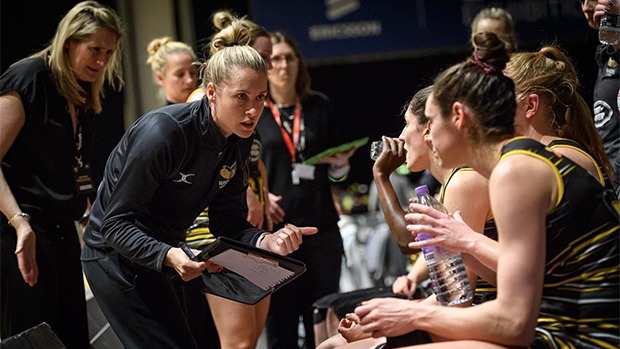
As netball coaches, we all spend hours and hours assessing and evaluating our players and their performances.
“How are my goalers progressing with their holding? Why were my midcourters so strong to the ball last week, but struggled to hit the circle this week?”
It’s those types of questions that shape what we plan for our upcoming training sessions, as well as the feedback we give our players during games and at training.
But how often do you take a moment to reflect on your training sessions themselves, or how you coached during a game?
FIVE VALUABLE MINUTES
Ever notice how sometimes your training sessions run like clockwork – the players listen attentively, quickly grasp and perform the skills you’re asking them to, and everything just ‘clicks’?
And yet other times what you felt was a well-planned, engaging and focused session just feels clunky and doesn’t achieve what you set out to?
400+ NETBALL DRILLS: CHECK OUT ALL OF OUR COACHING VIDEOS!
It can be a very valuable exercise to take five minutes at the end of every training session to assess the parts of the session that worked well, and those that didn’t.
Ask yourself what the difference was between the good bits and the not so good bits. Was the drill too difficult for your players? Could your setup and explanation have been better? Were there too many inactive players? Could the drill work in future sessions with some minor adjustments?
Pull out your session plan and highlight the drills that worked really well – and ensure you revisit them – by writing them on a list of drills you’ve had success with, or adding them to a list in your SESSION PLANNER on our website.
Similarly, making a quick note of drills that didn’t gel, and see if there’s a way you can simplify it or adjust it to achieve your desired result in future.
Over time, you’ll start to remember the types of drills you’ve had success with, and will develop an instinct for what will work with particular skill levels and age groups.
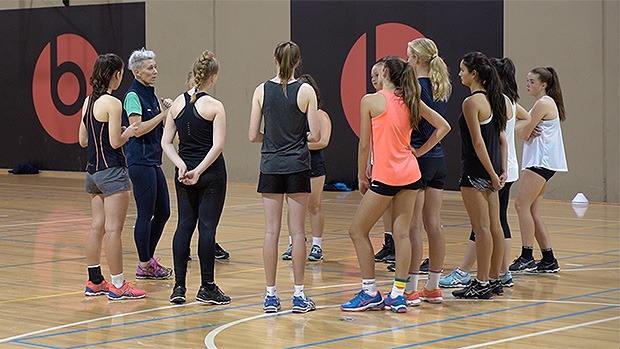
ASK THE PLAYERS
Just because you’re the coach, it doesn’t mean you’re expected to have all the answers.
In fact, sometimes the players themselves can be your greatest resource for learning.
If part of a session hasn’t quite hit the mark, there’s nothing wrong with asking some of your more perceptive (or if you’ve got a young team, mature) players why they feel things weren’t as successful.
Maybe your instructions were confusing, or maybe it was difficult for them to perform certain movements in quick succession.
Or perhaps they loved it, but just needed more of an opportunity to put it into practice before you moved on.
Either way, don’t be afraid to check in with your players from time to time to find out what’s working from their perspective.
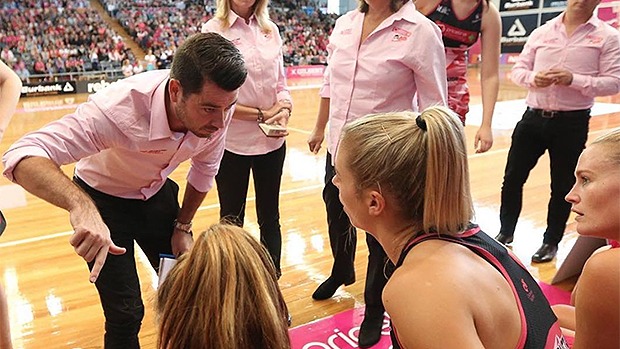
REVIEW GAME NIGHT
Again, it need only be five minutes, but take a moment to review more than just the result on game night.
You’ll no doubt have some key takeaways to work on at training, based on how the team performed, but also take note of how you coached throughout the night.
Were you able to communicate effectively with the team at the half-time break? Did your emotions get in the way at certain times? Why did Eloise respond so much better to a particular instruction this week than she had previously? Did it work better having a pre-game team chat five minutes before the first whistle, or was it better last week when you spoke to the group before the warm-up?
These are the types of questions you can ask yourself during a quick moment of self-reflection that will almost certainly improve your coaching in future weeks.
Remember, part of the challenge of coaching is solving the puzzle of how to get the best out of every team you coach, as well as each individual player within that team. Assessing your own performance is often a great place to start!
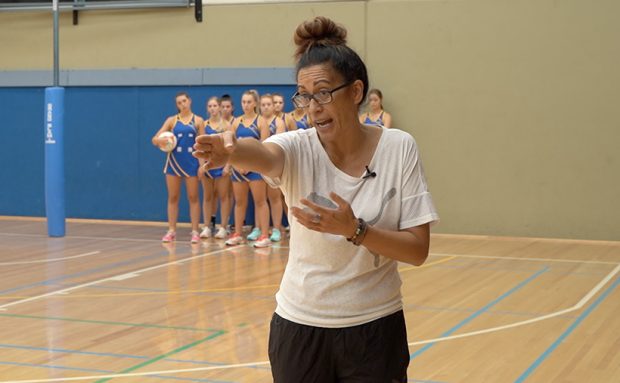
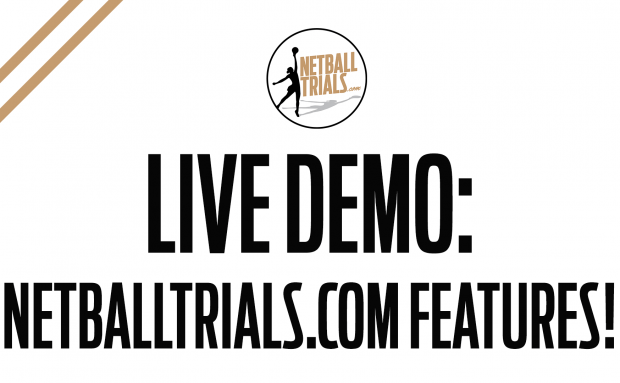
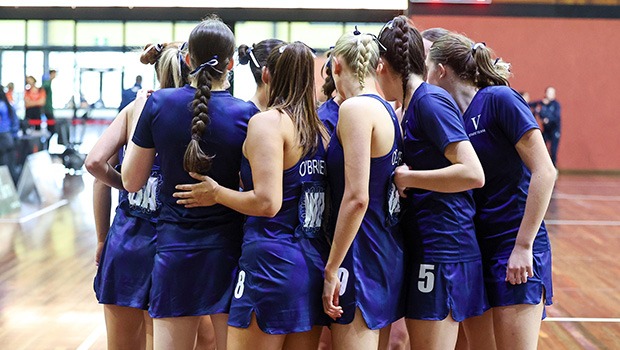
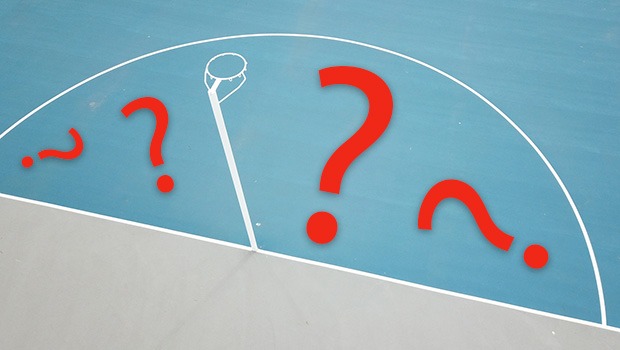
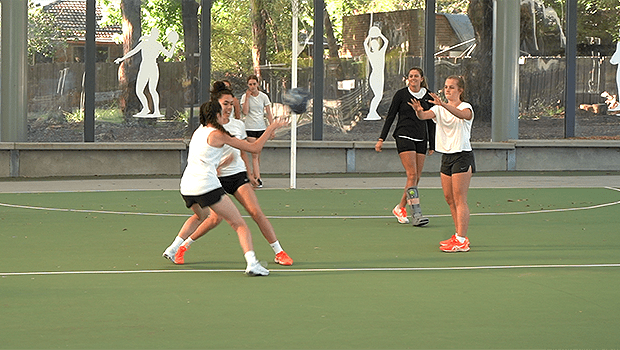
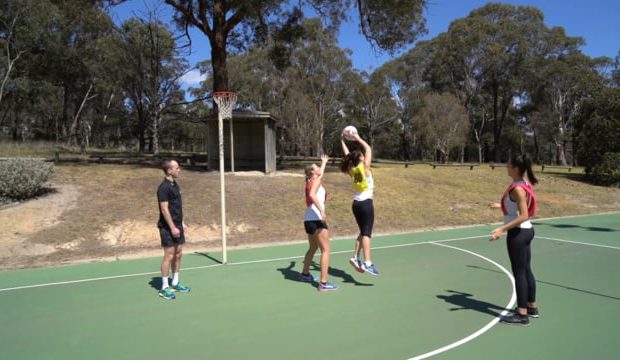
Thanks for all your drills. Its really working for my team.